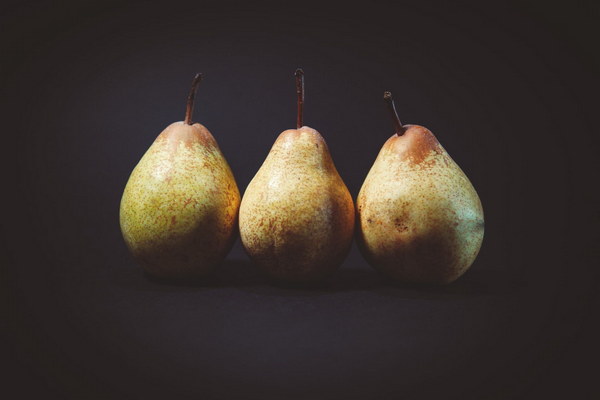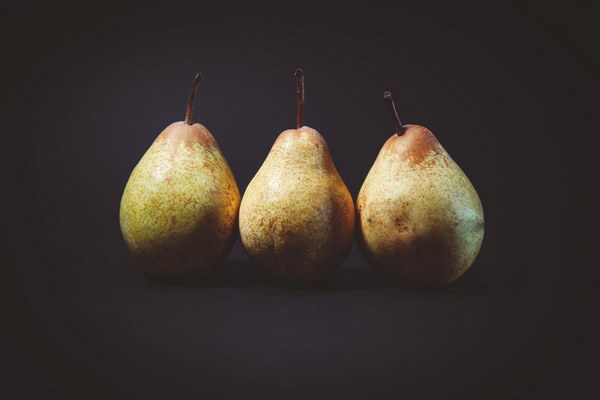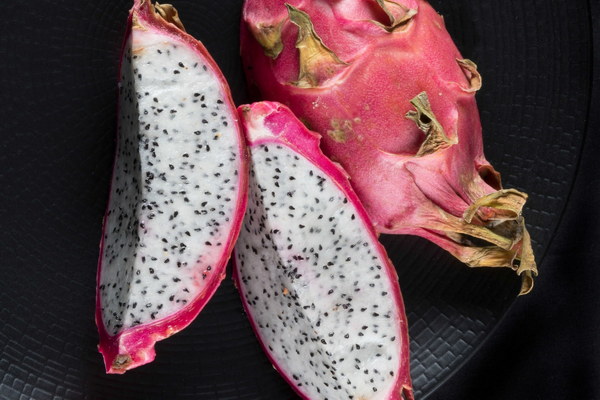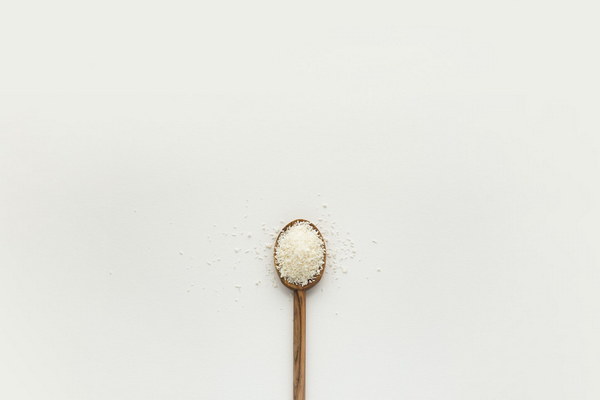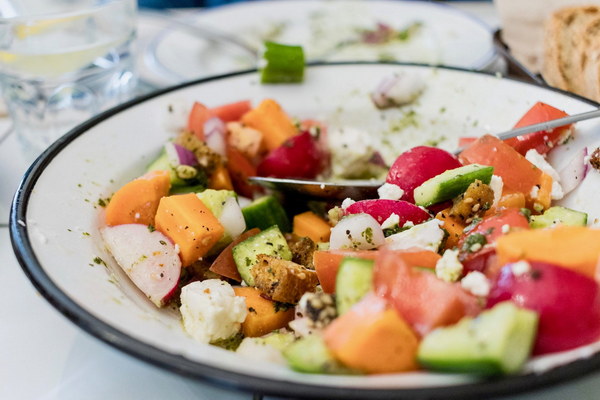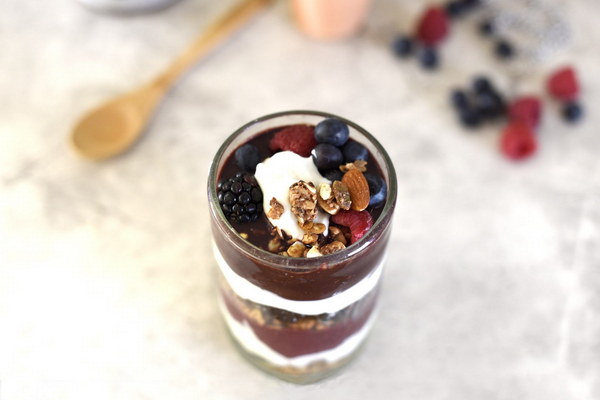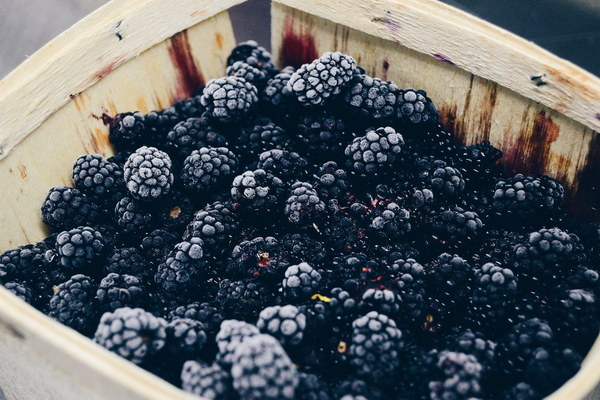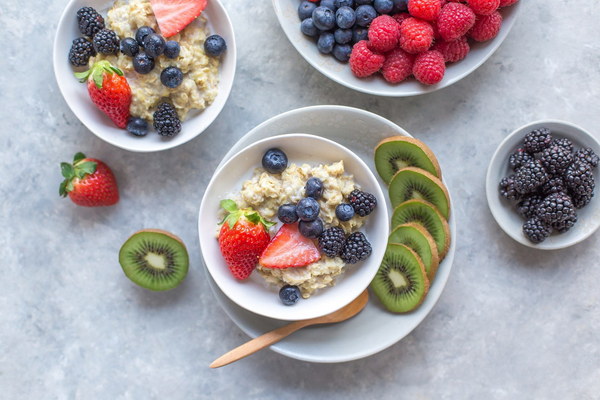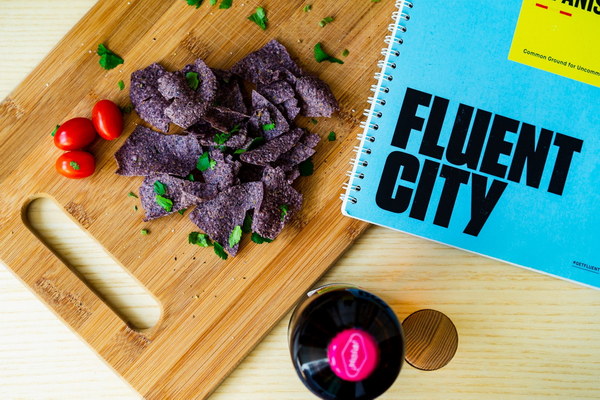Revitalize Your Hair A Nutritional Guide to Unclogging Scalp Follicles and Preventing Hair Loss
Introduction:
Hair loss can be a distressing experience for many individuals. One common cause of hair loss is scalp follicle clogging, which can be due to factors like pollution, poor diet, or excessive use of hair products. In this article, we will explore the importance of a nutritious diet in unclogging scalp follicles and preventing hair loss. By incorporating the right foods into your diet, you can promote healthy hair growth and maintain a lustrous mane.
1. Understanding Scalp Follicle Clogging
Scalp follicle clogging occurs when hair follicles become blocked by dirt, oil, and dead skin cells. This can lead to hair loss, inflammation, and an increased risk of infections. By addressing the root cause of scalp follicle clogging, you can reduce hair loss and improve overall scalp health.
2. Nutrients for Scalp Follicle Health

a) Omega-3 Fatty Acids: Found in fatty fish, flaxseeds, and chia seeds, omega-3 fatty acids are essential for maintaining scalp health. They help reduce inflammation and promote hair growth. Incorporate these foods into your diet to unclog scalp follicles and prevent hair loss.
b) Protein: Hair is primarily made of protein, so consuming an adequate amount of protein is crucial for healthy hair growth. Good sources of protein include lean meats, eggs, dairy products, legumes, and nuts. Ensure you include these foods in your diet to support hair follicle health.
c) Vitamin E: This powerful antioxidant is found in nuts, seeds, and vegetable oils. Vitamin E helps protect the scalp from oxidative stress, which can lead to hair loss. Including vitamin E-rich foods in your diet can improve scalp health and reduce the risk of follicle clogging.
d) Iron: Iron deficiency can lead to hair loss, as it plays a vital role in the production of red blood cells that carry oxygen to the hair follicles. Foods high in iron include red meat, poultry, fish, beans, lentils, and fortified cereals. Adding these foods to your diet can help prevent iron deficiency and reduce hair loss.
e) Biotin: Also known as vitamin B7, biotin is essential for hair growth and scalp health. Good sources of biotin include eggs, nuts, seeds, and whole grains. Including these foods in your diet can help unclog scalp follicles and promote hair growth.
f) Zinc: This essential mineral plays a crucial role in hair follicle health and the production of sebum, which helps maintain scalp health. Foods rich in zinc include shellfish, nuts, seeds, and legumes. Incorporate these foods into your diet to support hair follicle health and reduce the risk of clogging.
3. Foods to Avoid
a) High-Glycemic Foods: Foods with a high glycemic index, such as sugary snacks and white bread, can cause inflammation and trigger hair loss. Try to limit your intake of these foods to promote healthy hair growth.
b) Processed Foods: Processed foods are often high in unhealthy fats and trans fats, which can contribute to scalp follicle clogging and hair loss. Opt for whole, unprocessed foods to maintain a healthy scalp and promote hair growth.
4. Conclusion
Incorporating the right foods into your diet can significantly improve scalp follicle health and reduce the risk of hair loss. By focusing on omega-3 fatty acids, protein, vitamin E, iron, biotin, and zinc, you can promote a healthy scalp and support hair growth. Additionally, avoiding high-glycemic and processed foods can further enhance your scalp health. Remember to consult with a healthcare professional before making any significant changes to your diet. With a balanced and nutritious diet, you can revitalize your hair and prevent scalp follicle clogging.
